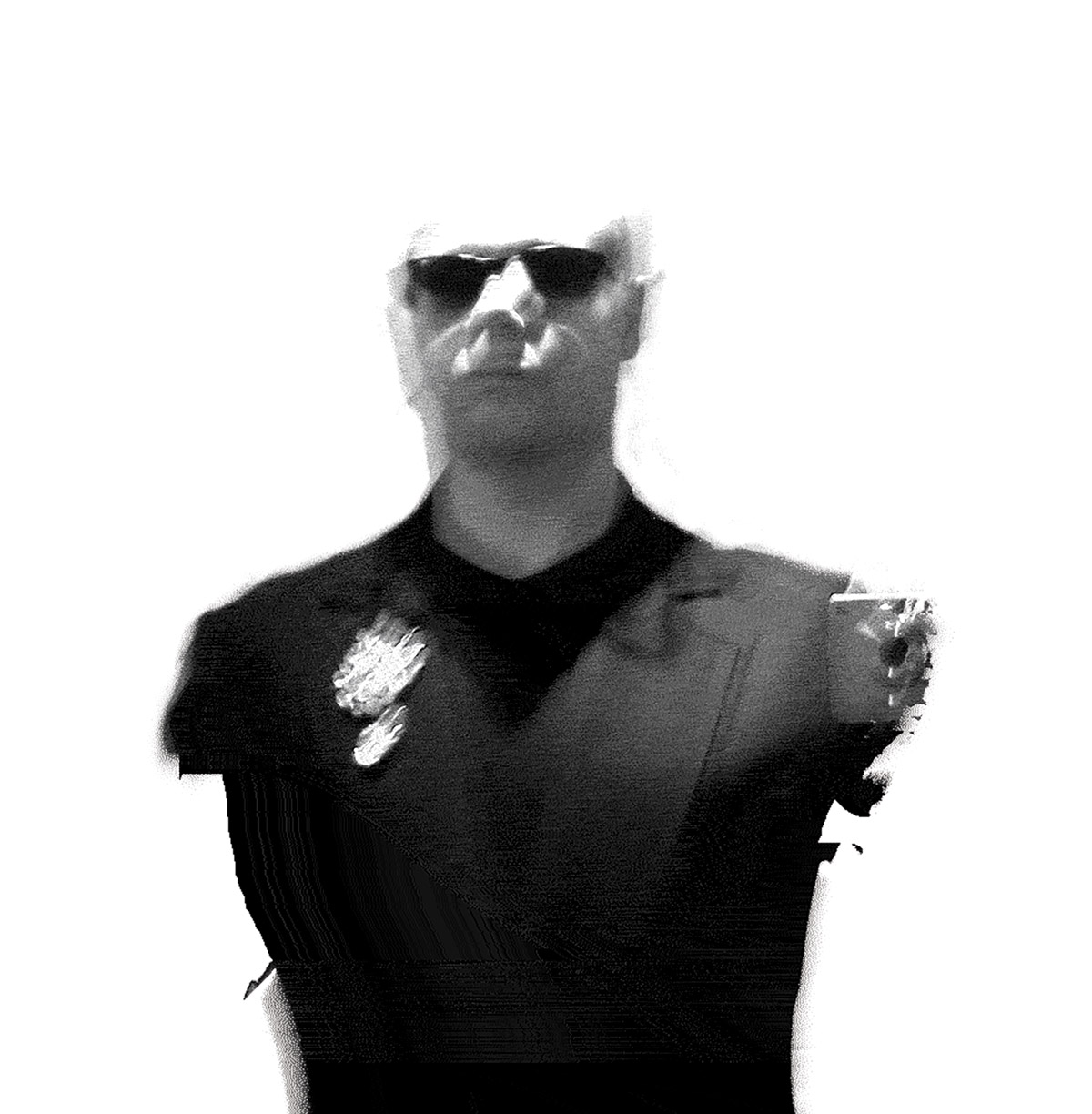We use the cookies _ga, _gat, _gid to collect anonymous data about how you use this site. OK.
Untitled (M4)
was intended for an early, full video digital screen housed in a showroom adjacent to the M4 motorway, London UK.
The work was authored as a Flash animation and never completed. Text fragments give an indication of the tone and intention but little else is known.
Why see things in their ordinary light when everything is only a thin film away from wonder? The tissue has only to tear through and all the old certainties will be swept away. I am a centre, a hub, a geographical place, an explainer. A blade, a fin cutting through water. A beacon or a doorway or a path to splendour.
The
fin cutting through water
symbolises the intellect's ability to cut through the trivia of life. It is inspired by the artist's mis-remembering of the line 'a fin in a waste of waters' from Virginia Woolf's novel
The Waves.
NOTE
Adeline Virginia Woolf, née Stephen, (1882 – 1941) was an English novelist, critic and feminist writer. She is considered one of the most important modernist authors of the 20th Century. She pioneered a 'stream of consciousness' approach to narrative in which the naturalistic, fleeting impressions experienced by her characters, take the place of traditional plot.
The Waves
(Hogarth Press, 1931) is regarded as Woolf's most experimental novel, consisting entirely of soliloquies spoken by the novel's six protagonists: Bernard, Susan, Rhoda, Neville, Jinny and Louis. A seventh character, Percival, is spoken about, but never speaks.
Woolf's character Bernard catches a glimpse of the sea on his way to Rome and sees a porpoise turn quickly in the water. He captures his impression in the phrase: 'Fin in a waste of waters'.
Firrell will reference Woolf's writing directly in
4 Tenets for Europe
(see 2023.2.12 - 2023.2.14)
. It is the second of the four tenets that paraphrases Woolf:
Look at life squarely and forgive it for what it is.



